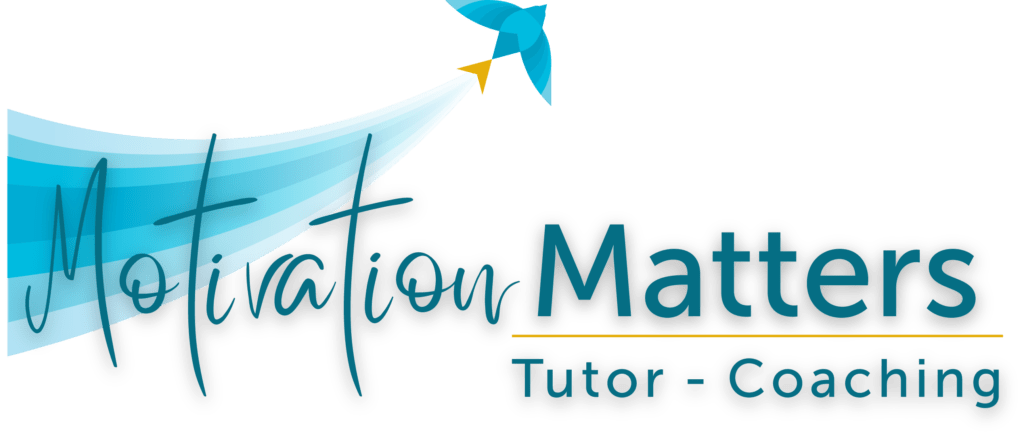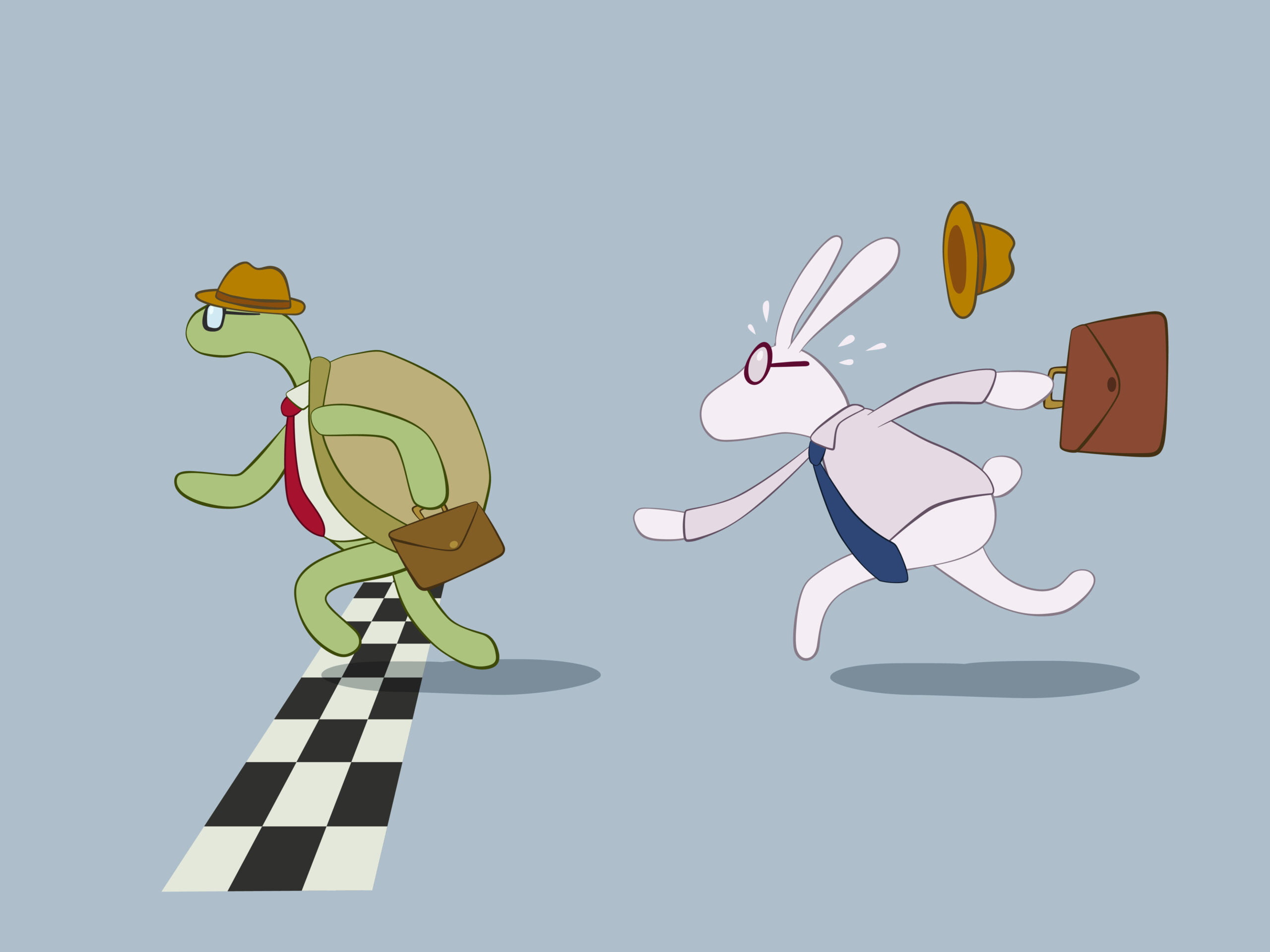Remember the fable about the tortoise and the hare? Well, the tortoise who went slowly – and won the race – had some real wisdom!
Here’s a typical scenario. With a goal to exercise more, we search out the perfect start, such as a video on strength training. And then we go all in – pushing like the speedy hare. The result? We tweak a muscle and set back our whole exercise plan.
Can you relate?
Who hasn’t tried a new diet, a new exercise routine, a new time management technique, a new work method and experienced worse outcomes than the old way? It’s disappointing but it shouldn’t be unexpected. After all we’re leaving the tried and true for the untried and unknown. And while we’d like to believe otherwise, let’s be honest. What are the odds of nailing it right away? Pretty slim! New needs new – new methods, new knowledge, new know-how, new skills. New needs time.
A setback is not a stop signal. It’s feedback that calls for new approaches. It makes us a little wiser and says go a bit slower! A great friend gifted me with tortoise and hare nick knacks. They sit next to my computer and remind me that slow and steady wins the day! I highly recommend visual aids for this important wisdom!
How can a tutor-coach help with setbacks?
Setbacks are common and normal. We’re all anxious for results. And that’s particularly true when we’re striving for the “new me.” We even have slogans like “just do it” and “do it now” to cheer us on. So, we jump in with enthusiasm but old methods. Not surprisingly, that often produces frustrating results or, like the hare, losses. Then, thoughts of failure wipe out the finish line we were going for.
Tutor-coaches work to change current “failures” into future achievements. Here are 4 ways they do that.
Tutor-coaches change the script. It’s common to turn disappointment into self-criticism and think that we’re inept, not smart enough, and incapable. Tutor-coaches remind us that setbacks are not character assessments.
Tutor-coaches bring in new knowledge, that information that moves your understanding needle. It could be brand new ideas and facts or a reminder of forgotten material. In my exercise routine, for instance, I could have used a reminder of the core-back connection and a start easy plan.
Tutor-coaches perfect our know-how. Techniques and tactics are critical: they bring out what we know and impact our performance level. Want to run faster? Get a coach to show you the form and methods of those who are better than you. So too in the intellectual arena: want to reduce errors and stress? Let a coach show you how to exchange novice strategies for expert methods.
Tutor-coaches build up your skills, those underlying abilities that make improvements possible. They’ll upskill your capabilities like attention, comprehension, organization, and memory. These experts can identify the big skills that underly specific tasks, the personal gaps that hold us back, and the skill development activities that change the game!
Tutor-coaching is a sure-fire way to build real progress and lasting success in any life arena. It brings on tortoise-like, big wins!
Don’t miss a single IN-Powering© article!
Sign up for our newsletter to stay up to date on all things MMTC.
Don’t miss a single IN-Powering© article!
Sign up for our newsletter to stay up to date on all things MMTC.


